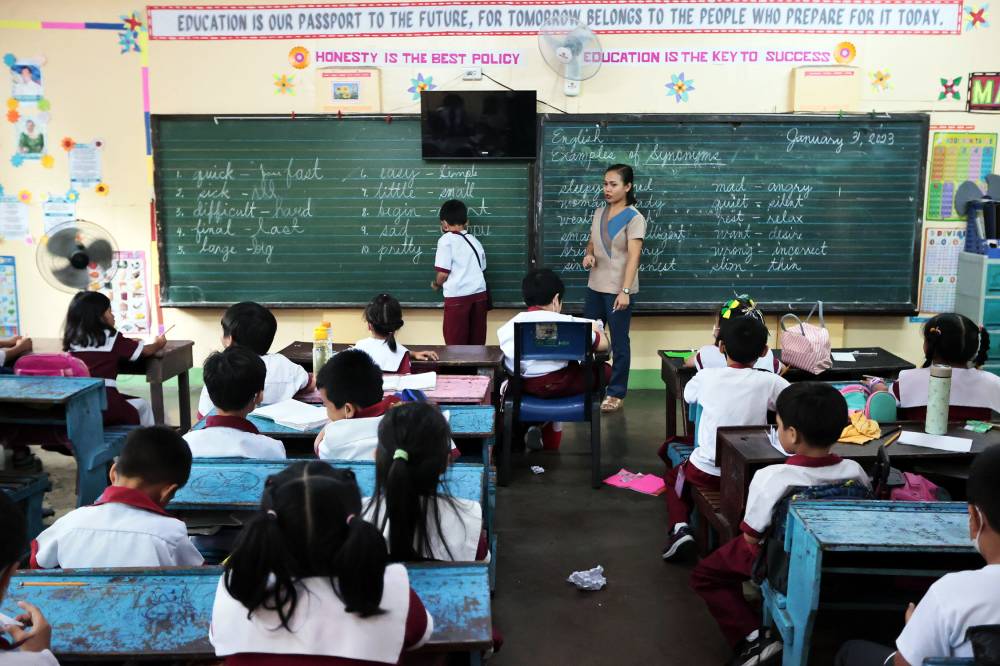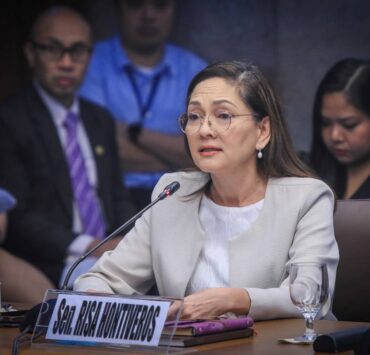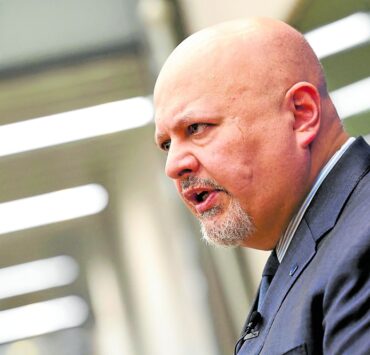More than half of PH public schools lack qualified principals

More than 24,000 public schools across the country are operating without qualified principals due to low passing rates in the exams needed for the position and a hiring policy of the Department of Education (DepEd) that is now considered outdated.
This is one of the latest findings of the Second Congressional Commission on Education (Edcom 2) in its ongoing evaluation of the sector.
Latest DepEd data show that of the 45,918 public schools nationwide, only 20,718—or 45 percent—have principals who had passed the qualifying exams for the position.
Low passing rates
There are also at least 5,904 exam takers who have yet to be promoted even after passing the National Qualifying Examinations for School Heads (NQESH) in 2021 and 2023.
Also called the Principals’ Test, NQESH is a compulsory exam for aspiring principals and assistant principals.
But the historically low passing rates in the NQESH also explain the big sad picture.
Only 36 percent and 26 percent of the examinees made the cut in the 2021 and 2023 tests, respectively.
The Edcom report also noted the dismal passing rates in 2018 (0.68 percent), 2017 (25 percent) and 2016 (2 percent).
‘Are you not panicking?’
There were no NQESH given in 2019, 2020 and 2022.
The latest Edcom findings also brought to light the effects of a 1997 policy that limits the hiring of principals based on the number of teaching personnel per school.
Edcom members expressed alarm over the figures during a hearing held on Friday with education officials and stakeholders.
“We are severely short of principals. Are you not panicking?” Pasig City Rep. and Edcom cochair Roman Romulo told the DepEd officials, as quoted in an Edcom statement released on Friday night.
Education Undersecretary Wilfredo Cabral said the agency was in the process of revising the parameters set in 1997, wherein principals may be appointed only in public schools with at least nine teachers for elementary and six teachers for high school.
Those with fewer teaching personnel are administered only by “teachers-in-charge” who, Cabral said, “often lack standardized training and support.”
These “school staffing standards” remain in effect to this day, he added.
DepEd is currently drawing up a new policy that will target a ratio of one principal per school, but this ideal will require ample funding, Cabral said.
“We are currently finalizing the new standards, with the help of Edcom, since it will have budget implications,” he added.
Reassignments
Another DepEd policy that needs to be reviewed is Department Order No. 7 that was issued in 1999, according to Sen. Sherwin Gatchalian, the Edcom chair.
Under the DO, school heads are reassigned to another school every three to five years.
Any change to be implemented in policies concerning principals should consider its effects on the students’ learning environment, said Edcom Executive Director Karol Yee.
“Our own consultations show that school heads have a profound impact on teacher behavior, teamwork, job satisfaction and student learning,” Yee said.
“In many schools we visited, it was clear that one of the main factors to improve the quality of education is having a good school principal.”

















